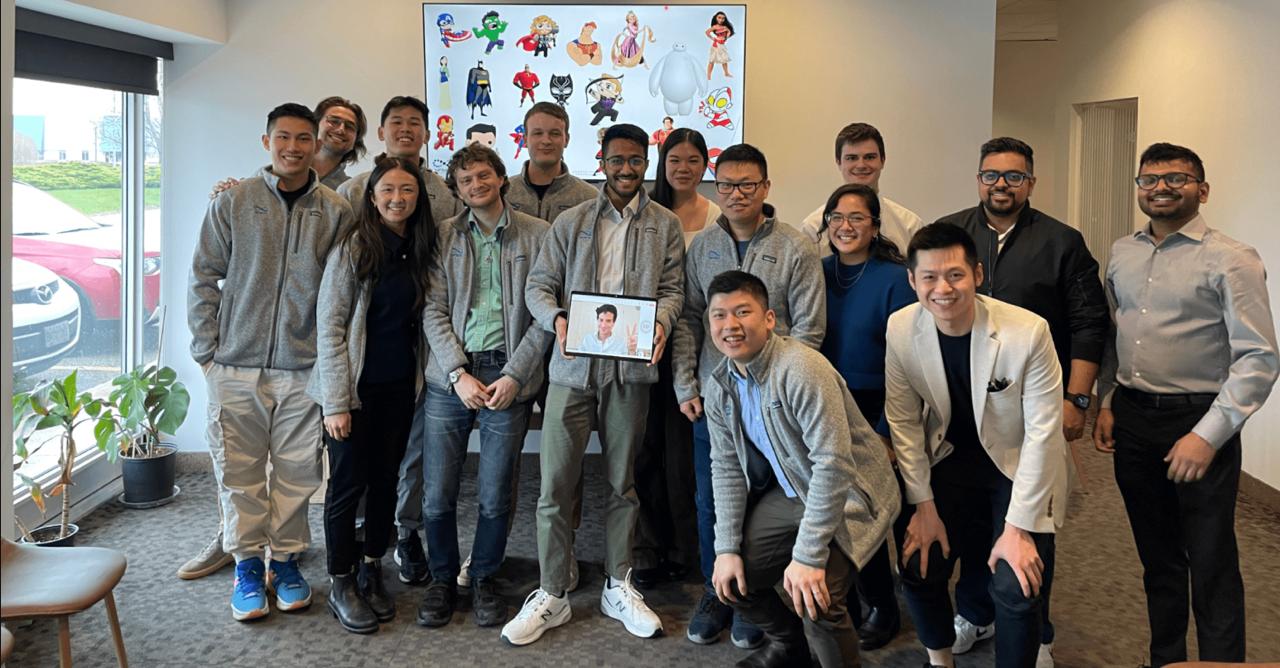In a significant boost for cancer therapy innovation, AvenCell Therapeutics, Inc. has announced the successful closure of a $112 million Series B funding round. The financing, spearheaded by Novo Holdings, attracted new investors including F-Prime Capital, Eight Roads Ventures Japan, Piper Heartland Healthcare Capital, and NYBC Ventures, alongside existing backer Blackstone Life Sciences.
This funding will significantly accelerate the clinical validation of AvenCell’s groundbreaking Universal Switchable CAR-T cell therapy platform, designed to address a spectrum of hematologic malignancies and autoimmune diseases. The universal platform enables CAR-T cells to be switched “Off” and “On” post-administration, promising a safer and more effective treatment approach compared to traditional therapies. Key clinical candidates in AvenCell’s pipeline include AVC-101, an autologous CAR-T cell therapy, and AVC-201, a CRISPR-engineered allogeneic CAR-T therapy, both targeting CD123, a common antigen in Acute Myeloid Leukemia (AML).
Andrew Schiermeier, Ph.D., CEO of AvenCell, expressed enthusiasm about the funding, stating, “We are excited by the progress of our pipeline and believe our next-generation immunotherapies have the power to address significant unmet patient needs.” He emphasized AvenCell’s commitment to transforming the standard of care through adaptable and accessible cell therapies.
Michael Bauer, Ph.D., a Partner at Novo Holdings, remarked on the potential impact of AvenCell’s technology, noting, “AvenCell’s universal switchable technology and CRISPR-engineered allogeneic platforms represent a step change in the field of cell therapy.” Nihal Sinha, MB BChir from F-Prime Capital, echoed this sentiment, highlighting the platform’s ability to modulate CAR-T cell activity, addressing critical safety and efficacy challenges inherent in current treatments.
Editorial Opinion: A Promising Future for AvenCell
The healthcare landscape is in constant evolution, and AvenCell is poised to make a substantial impact in the realm of cancer therapies. Their innovative approach to CAR-T cell therapy not only signifies a technological leap but also a strategic understanding of patient needs—particularly in hard-to-treat conditions like AML. The switchable CAR-T platform exemplifies a visionary concept, offering flexibility in treatment administration and potentially enhancing patient safety.
Moreover, with a robust pipeline and the backing of notable investors, AvenCell stands at the forefront of a pivotal shift in oncology. The integration of CRISPR technology with their CAR-T platform reflects a commitment to cutting-edge science that could redefine treatment paradigms. As they progress through clinical trials, the outcomes will be closely monitored—not just for their efficacy, but for their broader implications in the fight against cancer.
In conclusion, AvenCell’s trajectory in the biopharmaceutical sector seems promising, underpinned by their innovative therapies and a solid financial foundation. Their ability to adapt and scale will be key in navigating the complexities of cell therapy and ultimately delivering hope to patients battling severe diseases. AvenCell.
If you need further assistance or have any corrections, please reach out to editor@thetimesmag.com.











